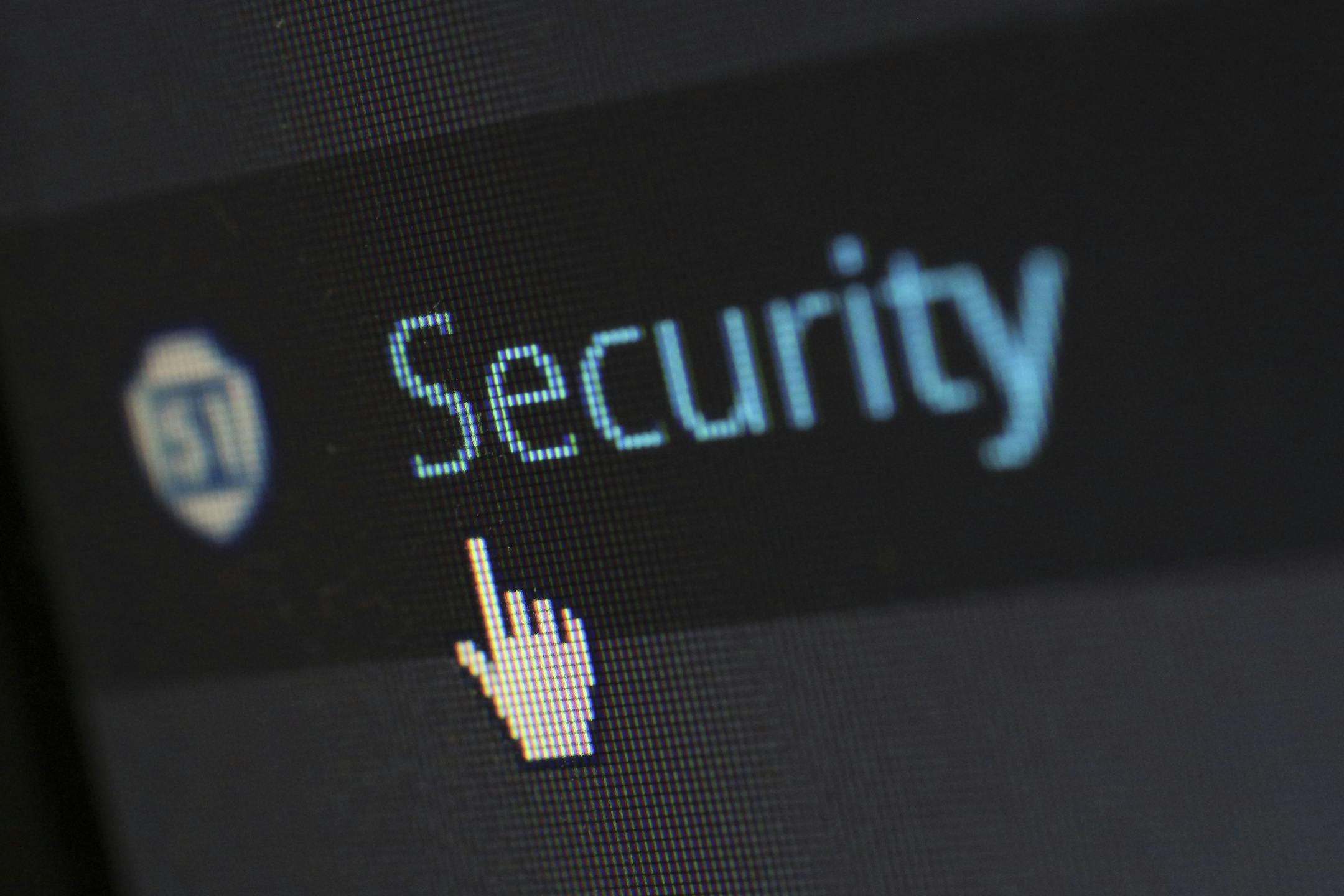As organizations face increasing threats from cybercriminals, the demand for skilled security auditors is growing. A security auditor ensures that systems, networks, and data are secure from breaches and vulnerabilities. This role requires a blend of technical expertise, analytical skills, and a deep understanding of security protocols. If you're interested in becoming a security auditor, here’s what you need to know about the necessary skills and certifications to succeed in this field.
What Is a Security Auditor?
A security auditor is a professional responsible for evaluating an organization’s cybersecurity systems to ensure they are functioning as expected. They assess the effectiveness of security measures, identify vulnerabilities, and recommend improvements to safeguard against data breaches and attacks. Security auditors also verify compliance with security standards and regulations, such as GDPR or HIPAA.
As businesses of all sizes, especially mid-sized companies, increase their reliance on technology, the need for reliable cybersecurity audits grows. That’s where security auditors come in—they are crucial in maintaining an organization's defense against cyber threats.
Key Skills Every Security Auditor Needs
To succeed as a security auditor, you need to possess both technical and soft skills. Here’s a breakdown of the key skills every aspiring security auditor should develop:
- Technical Knowledge of IT Systems and Security
Security auditors must have a deep understanding of how IT systems work, including networks, databases, and applications. You should be familiar with various operating systems, firewalls, routers, and intrusion detection systems. A strong grasp of how these systems can be secured—and the ways they can be compromised—is essential.
- Knowledge of Security Frameworks and Standards
Security auditors need to be well-versed in industry security frameworks such as ISO 27001, NIST, and COBIT. These frameworks provide a set of guidelines for ensuring an organization’s information security practices are solid and effective. Understanding these frameworks will help you identify where an organization’s security practices may fall short.
- Risk Assessment and Management Skills
As a security auditor, assessing risks is one of your primary responsibilities. This involves identifying potential vulnerabilities, evaluating their severity, and recommending solutions to mitigate them. You need to be able to think critically and prioritize risks based on their potential impact on the organization.
- Attention to Detail
Security audits often require a meticulous eye for detail. You’ll be reviewing logs, policies, and configurations to ensure nothing slips through the cracks. Your ability to spot discrepancies, gaps in security, or outdated protocols will be key in identifying areas that need improvement.
- Problem-Solving Skills
Security auditors often face complex and unexpected challenges. When you find vulnerabilities or weaknesses, you’ll need to recommend actionable solutions. Problem-solving skills are vital in not only identifying security flaws but also creating effective strategies to address them.
- Communication Skills
Security auditors must be able to clearly explain technical findings to non-technical stakeholders. You will often work with management, IT teams, and other departments to communicate audit results and provide recommendations. Strong communication skills are essential to ensure your message is clear and understood by all parties involved.
Certifications That Can Boost Your Security Auditor Career
Certifications are crucial in the cybersecurity industry, especially for security auditors. They demonstrate your expertise and commitment to staying current with industry trends and best practices. Here are some of the most respected certifications for security auditors:
- Certified Information Systems Auditor (CISA)
The CISA certification is one of the most well-known and respected credentials for security auditors. It covers key areas like information systems auditing, governance, and risk management. Achieving CISA certification demonstrates that you have the expertise needed to audit and manage an organization’s information systems securely.
- Certified Information Security Manager (CISM)
CISM is another highly recognized certification, especially for those looking to take on leadership roles in cybersecurity. This certification focuses on information risk management, governance, incident response, and more. While not specific to auditing, it’s a valuable credential for any security professional in a managerial capacity.
- Certified Ethical Hacker (CEH)
The CEH certification focuses on the skills needed to identify vulnerabilities by thinking like a hacker. This is important for security auditors, as it helps them understand how attackers might exploit weaknesses in an organization’s defenses. With this certification, you can conduct more effective penetration testing and vulnerability assessments.
- ISO 27001 Lead Auditor
For those looking to specialize in auditing information security management systems (ISMS), the ISO 27001 Lead Auditor certification is crucial. This certification helps you understand the standards and procedures for auditing a company’s security management systems based on the internationally recognized ISO 27001 standard.
- CompTIA Security+
For those just starting out in the cybersecurity field, CompTIA Security+ is an excellent entry-level certification. It covers the basics of security, including network security, threats, and vulnerability management. This certification is ideal for those new to auditing and security roles but looking to gain a solid foundation.
- Certified Cloud Security Professional (CCSP)
As more businesses move to the cloud, understanding cloud security becomes increasingly important for security auditors. The CCSP certification demonstrates expertise in securing cloud environments and ensures you can audit an organization’s cloud security practices effectively.
Becoming a security auditor requires a blend of technical knowledge, soft skills, and relevant certifications. With the increasing complexity of cybersecurity threats, skilled security auditors are more essential than ever to safeguard an organization’s digital assets. By investing in the right certifications and honing the necessary skills, you can position yourself for success in this rapidly growing field.
If you are a mid-size business looking for expert cybersecurity solutions, Baran Agency is here to guide you every step of the way, ensuring your organization remains secure in an increasingly dangerous digital world.
